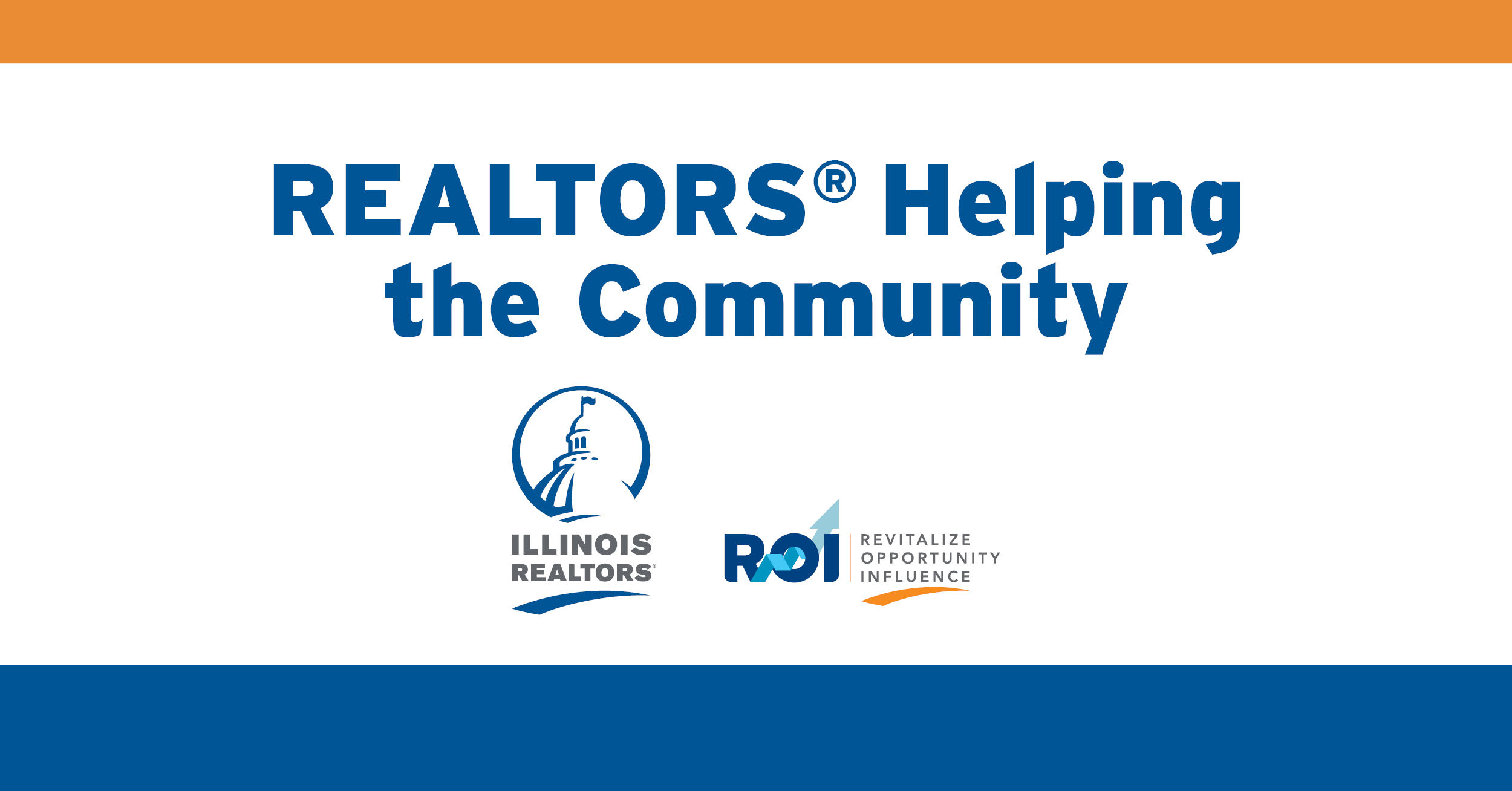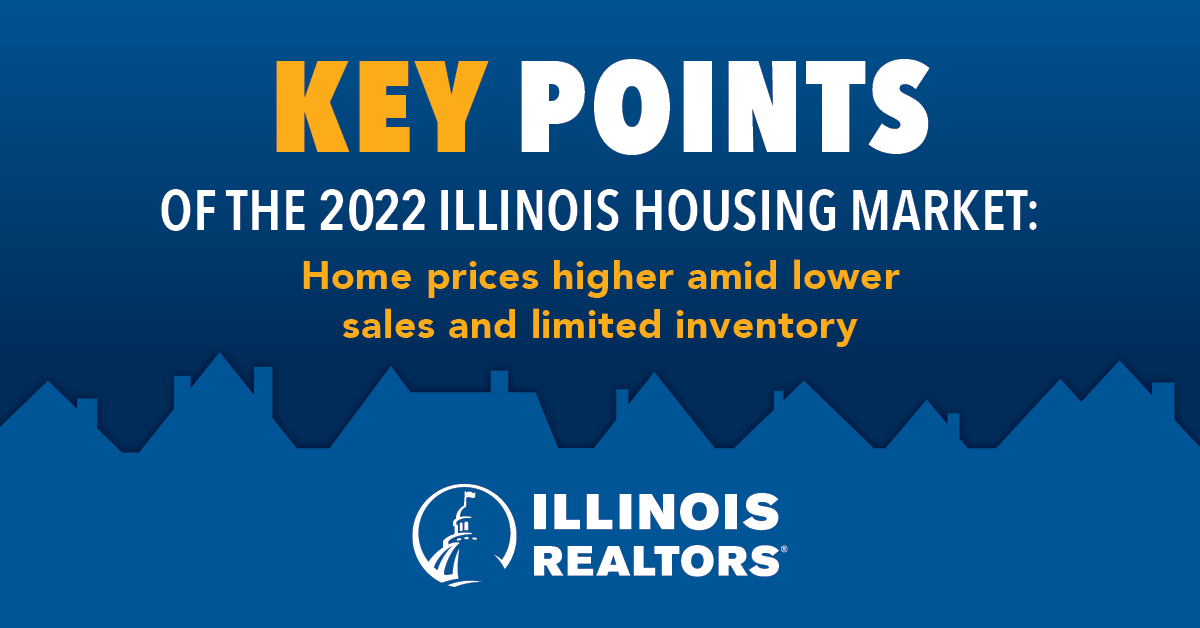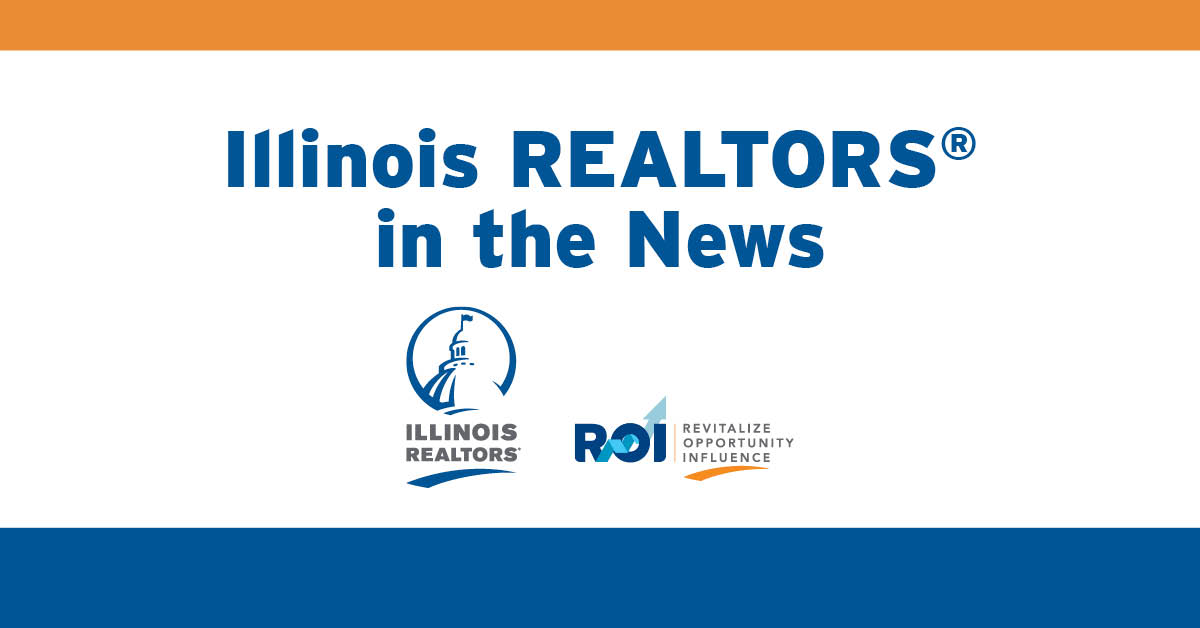According to a recent report by Realty Trac, more than a third of the homes sold in Illinois in the first quarter of 2010 were in a stage of foreclosure when they were bought. One of the results of this has been that Illinois municipalities are coming up with new and varied ways to deal with “distressed properties.” With residential properties that are in foreclosure or have been abandoned, issues associated with basic property maintenance and delinquencies in water and sewer service charges tend to arise.
Recently in Waukegan and North Chicago proposals have been introduced which make a real estate licensee (e.g., a broker who is marketing the home) responsible for registering the property with the city and maintaining the property if it is vacant. Local REALTOR® associations, working with the Illinois Association of REALTORS® (IAR) local Government Affairs Director, are opposing this provision.
Other municipalities have enacted what has become known as the “zero-dollar transfer stamp” or a transfer stamp fee (ranging from $25 to $100). The purpose of these stamps is to stop the transfer of a property until all delinquent municipal service charges are completely paid. (A deed cannot be recorded if municipal transfer stamps are not issued.)
IAR opposes these measures and argues that they are an unconstitutional restriction on the free transfer of private property. There are other statutory tools available to municipalities to address delinquent charges. Under state law, cities have a method of collecting for unpaid services and can utilize an authority to have a lien on real estate. IAR has advocated for the use of this method instead of the enormous power to prohibit the transfer altogether.
Several municipalities have, as a part of their real estate transfer tax ordinances, a provision which exempts certain transactions from the assessment of the transfer tax. One of the exempt transactions (contained in most transfer tax ordinances) is a property transferred through a foreclosure order. Most of the transfer tax ordinances include a nominal fee for the exempt transactions. In recent months, a few municipalities have increased this fee. This type of increase—as well as any transfer tax increase—is actively opposed by IAR.
The Chicago City Council is currently considering a proposal which would remove the foreclosure exemption altogether. This would make foreclosure transfers subject to the city’s real estate transfer tax. The local IAR Government Affairs Director is monitoring this proposal and will be expressing objections to it in the coming months.



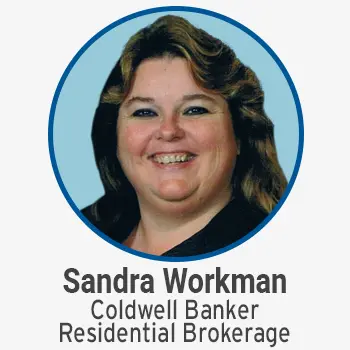
 Create professional development programs that help REALTORS® strengthen their businesses.
Create professional development programs that help REALTORS® strengthen their businesses.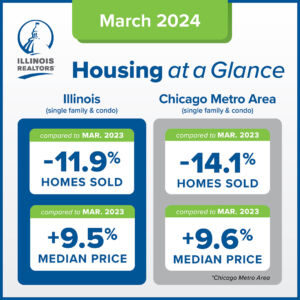
 Protect private property rights and promote the value of REALTORS®.
Protect private property rights and promote the value of REALTORS®.
 Advance ethics enforcement programs that increase REALTOR® professionalism.
Advance ethics enforcement programs that increase REALTOR® professionalism.
 Protect REALTORS® by providing legal guidance and education.
Protect REALTORS® by providing legal guidance and education. Stay current on industry issues with daily news from Illinois REALTORS®, network with other professionals, attend a seminar, and keep up with industry trends through events throughout the year.
Stay current on industry issues with daily news from Illinois REALTORS®, network with other professionals, attend a seminar, and keep up with industry trends through events throughout the year.

